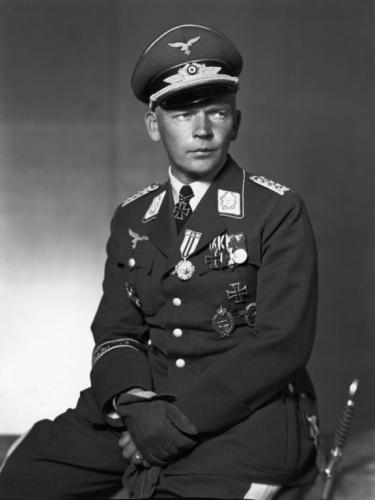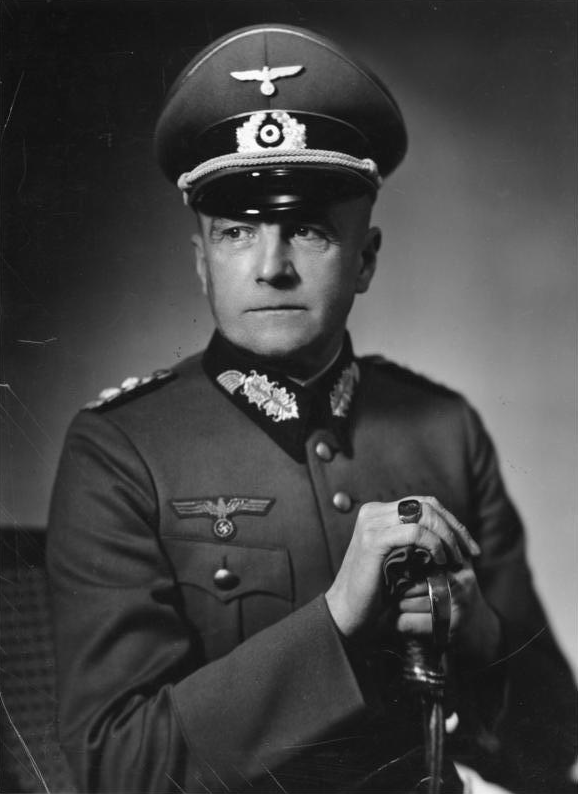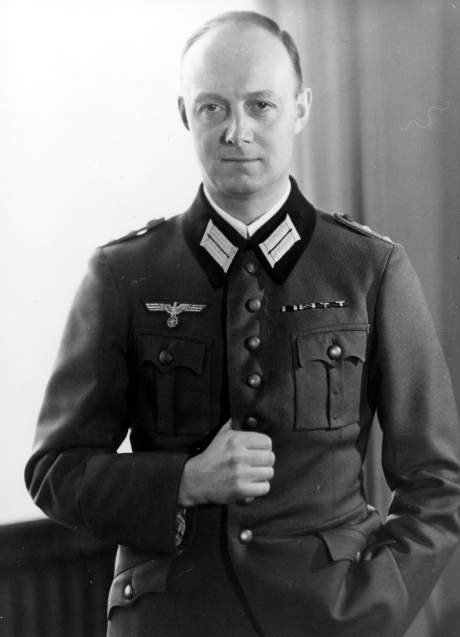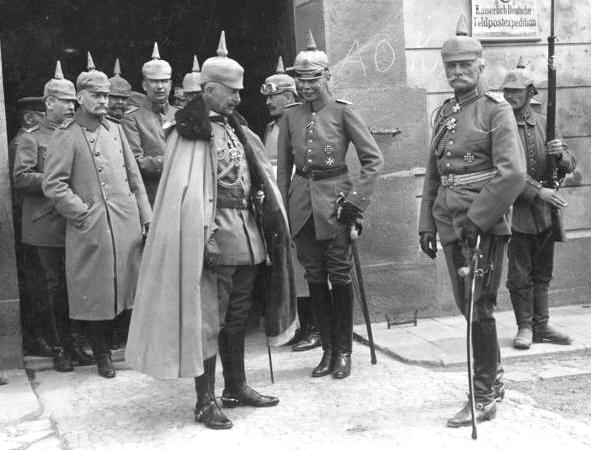|
|
Post by Jaga on Dec 8, 2015 22:53:35 GMT -7
Referring to the war movies.... I can watch only parts of them. I feel that I had just enough of WW II scenes, although it is good that they have this propaganda movies easily available.
|
|
|
|
Post by pieter on Dec 9, 2015 18:07:55 GMT -7
Dear Jaga,
Yes the Netherlands and the Dutch were influential in the world due to our East Indies- and West Indies Companies, commercial navy fleet and our colonies in Africa, Asia and Southern-America. New York was once New Amsterdam and a lot of Dutch new settlers went to 'English' AmericA too. The Netherlands was one of the forst countries to recognise the USA, and the Dutch supported the American Revolution, the Americans against their common enemy the Brits. The Dutch and French lost ground in the USA and Canada and the English people dominated and became the dominant force in the USA and Canada, two predominantly English speaking North-American countries (except Quebec).
Cheers,
Pieter
|
|
|
|
Post by activeshadow on Dec 10, 2015 1:27:10 GMT -7
The only thing he is in news is for making controversial statements.
|
|
|
|
Post by karl on Dec 10, 2015 6:12:10 GMT -7
Pieter
reference to the video of the Generals speech. His presence amongst the victors was impressive as of the old Prussian School of military leadership. His standing presence infront of his assembled men gave not just a speech, but his pride of them and gave to them of their sacrifice for their country. His words were not of defeat, but for the new challenges that lay before them in the post war years to come.
The strict manner of this Prussian Officer was not only impressive to his men he had fought with, but to his/their captures as well.
Time has scrubbed off and away such professionals as was this General, replaced by a new and different school of military leadership. Perhaps this is just as well, for time changes all things, but, then, all things are the same.
Karl
|
|
|
|
Post by pieter on Dec 10, 2015 10:11:22 GMT -7
Dear Karl, The Wehrmacht general speech is impressive and correct. He honours his men and he looks into the future of the Democratic Bundesrepublik Deutschland. The old Prussian School of military leadership within Das Oberkommando der Wehrmacht ( OKW), das Oberkommando des Heeres ( OKH), the Generalstabsoffiziere of the Generalstab, die höchste militärische Kommandobehörde der Deutsche Streitkräfte would have been capable of winning the war. But Hitler ignored them and surrounded himself by pumpjacks (yes men) who carried out his disastrous military orders on the Eastern-front. By ignoring advise and smart tactical and strategic visions of Prussian generals he made many mistakes. Yes men like Wilhelm Keitel and Alfred Jodl harmed the German chances of succes. Thank god I say as a non-German and European who lives in a free and democratic Europe, because of that German Nazi faillure.  Wilhelm Keitel Wilhelm Keitel Alfred Jodl Alfred JodlGuys like Ludwig Beck, educated in the Prussian military tradition played an important role in the Reichswehr of the Weimar Republik and the Wehrmacht of the thirties and fourties. Typical Prussian high ranking officers were field marshal Erich von Manstein, Generalfeldmarschall (Field Marshal) of the Luftwaffe Wolfram Freiherr von Richthofen, Walther von Brauchitsch and Hans von Seeckt (' The Sphinx'), Generalmajor in the German Wehrmacht Henning von Tresckow and Generalmajor in the Wehrmacht, Rudolf Christoph Freiherr von Gersdorff.  Hans von Seeckt with a guard of honor on the occasion of his 70th birthday, with Blomberg and Fritsch, 1936 Hans von Seeckt with a guard of honor on the occasion of his 70th birthday, with Blomberg and Fritsch, 1936 Ludwig Beck Ludwig Beck Erich von Manstein Erich von Manstein Wolfram Freiherr von Richthofen Wolfram Freiherr von Richthofen Walther von Brauchitsch Walther von Brauchitsch Henning von Tresckow Henning von Tresckow Rudolf Christoph Freiherr von Gersdorff Rudolf Christoph Freiherr von Gersdorff Hans von Seeckt (3rd from right) next to Wilhelm II. (center) and von Mackensen (2nd from right) 1915 Hans von Seeckt (3rd from right) next to Wilhelm II. (center) and von Mackensen (2nd from right) 1915Adolf Hitler and other nazi leaders distrusted the conservative, aristocratic, Monarchist, Prussian officers and generals, who stemmed from old Prussian nobel families. These Prussian generals, colonels and officers of the Wehrmacht often came from military families (with fathers and grandfathers who were Prussian officers) with a tradition of serving in the Prussian and German Reichswehr (Imperial army) in the 19th and 20th centuries. Many of these Prussian were not nazi's, but German conservative Patriot's or Nationalists. Their Prussian nationalism merged with the German nationalism, because the German empire of Wilhelm II (German: Friedrich Wilhelm Viktor Albrecht von Preußen; 27 January 1859 – 4 June 1941) was rooted in Prussia. Some Prussian officers ofcourse were Nazi loyalists, but not all.  Wilhelm II,the last German Emperor (Kaiser) and King of Prussia, ruling the German Empire and the Kingdom of Prussia from 15 June 1888 to 9 November 1918.Erich von Manstein Wilhelm II,the last German Emperor (Kaiser) and King of Prussia, ruling the German Empire and the Kingdom of Prussia from 15 June 1888 to 9 November 1918.Erich von Manstein's actions were a reflection of his loyalty toward Hitler and the Nazi regime and of his grounding in a sense of duty based on traditional Prussian military values. Hitler in my point of view tried to counterbalance the Prussians in the army with non-Prussian Bavarians, Austrians and West-Germans. The Austrian Führer distrusted the Prussian officers, and saw the as a counter-revolutionary, anti-national-socialist force in the Wehrmacht.  Cheers, Pieter |
|
|
|
Post by karl on Dec 10, 2015 12:28:01 GMT -7
Pieter
Once again you have covered this subject so very completely with very little to add other then a comment.
Events as they were at the time and place, were to the advantage to AH as well shown by history. AH achieved a great deal in a short time for a very good reason. He had the skills of gathering those around him by his personality and his skills in persuasive speaking, with this, he was an excellent organizer and administrator, this is where he should have stopped.
As you have rightly brought forward, the various generals at his command, were of the Prussian nobility of old families of wealth and tradition. This then was a conflict between them and AH for they {Prussian} considered him {AH} as the little corporal of 1918 and of an obscure Austrian family of little known.
It was a shame all this was lost in the war, for the Prussian skills of that time, would have been an uncaculative advantage to the new Bundeswehr to pass on in training to our new military. As it was, those officers that survived the war, and were intergrated into the new military, proved through their successes of the officers corp. For those lessons of the war, were not lost, but remain as the foundation for new tactics as time changes, but situations stay the same or similar.
But then, we must live with the times, and work with what we have.
Karl
|
|